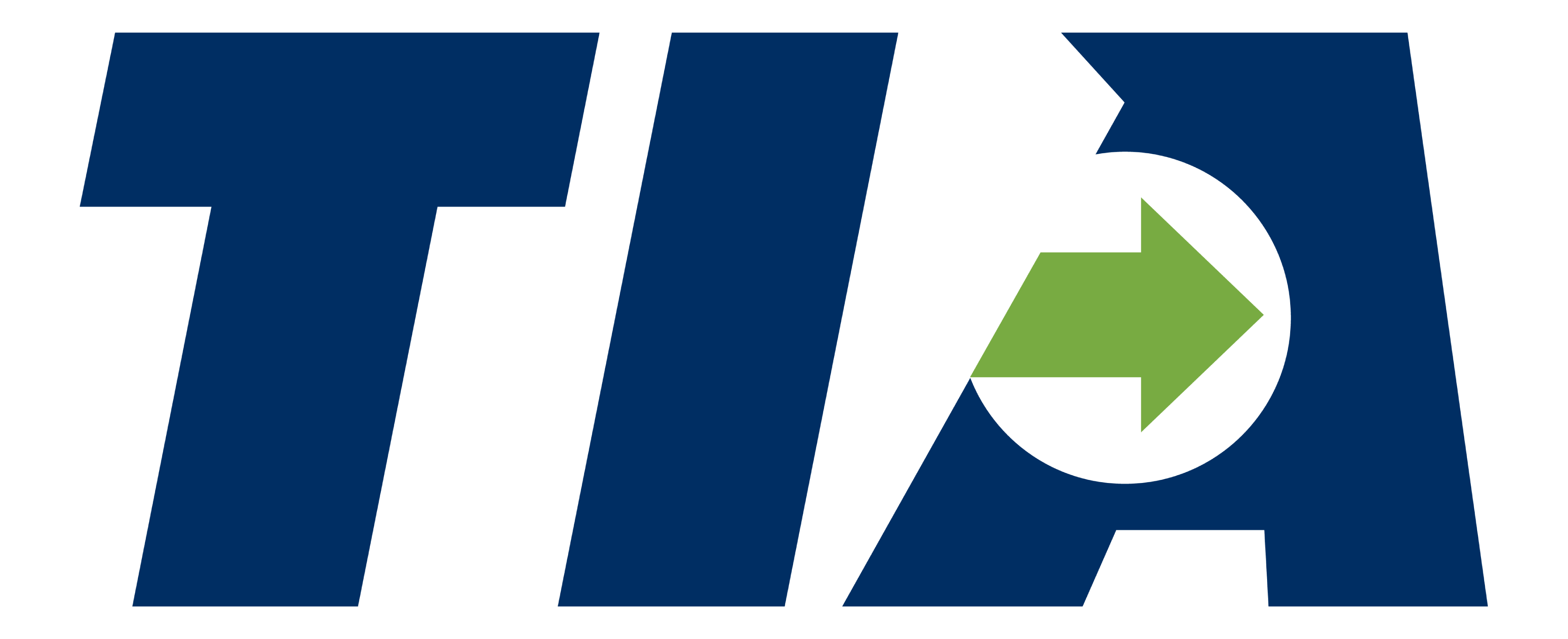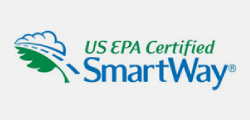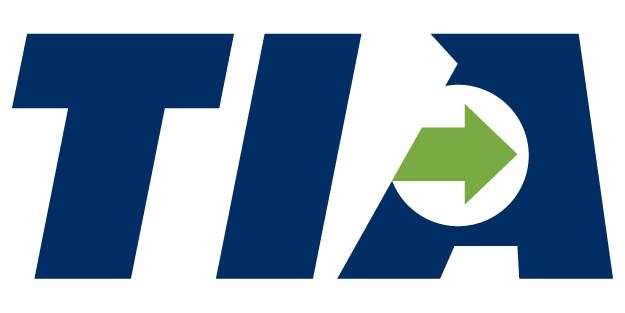Issue 129
TIA Submits Comments to DOL’s Wage and Hour Division:
On September 8, 2023, the U.S. Department of Labor's Wage and Hour Division issued a notice of proposed rulemaking (NPRM) in the Federal Register, seeking comments on proposed revisions to regulations under the Fair Labor Standards Act (FLSA). These revisions pertain to the exemptions and non-exemptions from minimum wage and overtime pay requirements for certain categories of employees, including executive, administrative, professional, outside sales, and computer workers.
In summary, the proposed changes include:
- Raising the standard salary level to the 35th percentile of full-time weekly earnings for salaried employees, which corresponds to $1,059 per week ($55,068 per year). This adjustment affects the definitions and criteria for exemptions related to executive, administrative, professional, outside sales, and computer employees.
- Increasing the total annual compensation for highly compensated employees to the 85th percentile, amounting to $143,988 per year. Employees exceeding this threshold would be ineligible for overtime pay beyond this earnings level.
- Introducing an automatic update mechanism designed to facilitate the regular adjustment of earnings thresholds every three years based on current earnings data. This mechanism aims to ensure that the thresholds remain aligned with prevailing economic conditions.
Among the suggestions TIA made to the agency include the following:
- Consider the increase of salaries based on merit and current company payroll capabilities.
- Maintain a single federal standard, rather than multiple state or regional standards.
- Allow employers to use 100% of non-discretionary bonuses and other incentives to satisfy the salary test for highly compensated employees.
- Provide ample opportunity for the industry to comprehend and prepare for any forthcoming adjustments to the salary level test.
- Forego new wage requirement implementations in U.S. territories unless directed by Congress or subject to federal minimum wage requirements previously passed by Congress.
- Forego any automatic updates and go to a system that proposes periodic regulatory updates as deemed necessary with comment periods (regular procedure).
House THUD Bill Pulled for Now:
The House of Representatives delayed a vote on a transportation funding bill, H.R. 4820, just minutes before it was scheduled for consideration on the House floor. This delay suggests that the bill likely lacked the necessary votes to pass.
House Appropriations THUD Subcommittee Chair Tom Cole (R-4th/OK) acknowledged the challenges of passing the bill due to conflicting concerns within the House GOP. Some members want more funding for certain aspects of transportation, while others advocate for reducing or eliminating Amtrak funding altogether (the current language cuts Amtrak by about $1.5 billion).
Rep. Andrew Garbarino (R-2nd/NY) expressed his dissatisfaction with the proposed cuts to rail funding and indicated a strong leaning towards voting against the final bill on the floor. The House Majority Whip's office has not announced a rescheduled vote yet.
Relevant to the 3PL industry were the following:
- $60,834,782, 888 available from Highway Trust Fund until expended.
- Prohibits FMCSA from requiring inward facing cameras as a condition for participation in truck driver apprenticeship programs.
- Prohibits use of funds being used for electronic logging devices (ELDs) for carriers moving livestock.
- Prohibits use of funds for speed limiters in trucks exceeding 26,000 lbs.
- Full contract authority granted to the FMCSA over $891.3 million for pertinent projects.
- $5.3 million to launch a nationwide dashboard for shippers and carriers to track real time supply chain movements and better respond to bottlenecks.
- $43.7 million for the Federal Maritime Commission for pertinent projects.
- $60.835 billion in highway trust fund programs, and halts funding for discretionary highway programs almost identical to the advanced appropriations provided by the IIJA.
Senate Passes GOP EV Bill:
In a tightly contested vote, The Senate passed a Republican-led resolution, S.J. Res. 38 (118), with the goal of excluding Beijing from the supply chain for electric vehicle chargers. The measure received support from Senators Sherrod Brown (D-OH), Joe Manchin (D-WV), Jon Tester (D-MT), and Kyrsten Sinema (I-AZ), along with Republicans, resulting in a 50-48 vote. Sen. Rand Paul (R-KY) voted against it.
However, the White House has pledged to veto the resolution, arguing that it would have the opposite effect. The resolution seeks to overturn a rule that temporarily exempts certain domestic content requirements for federally funded electric vehicle charging stations.
Sen. Marco Rubio (R-FL), the resolution's sponsor, emphasized the importance of ensuring that taxpayer-funded electric vehicle charging stations in the U.S. are manufactured by Americans using American products.
Some Democrats countered this argument, stating that overturning the rule would go back to EV charger sourcing requirements originating from the 1983 blanket waiver, which would mean fewer restrictions against foreign-made products. Sen. Tammy Baldwin (D-WI) highlighted that eliminating the rule, as proposed by Rubio's resolution, would remove all ‘Buy America’ restrictions for EV charger purchases, potentially allowing federal funds to purchase chargers from China.
The United Steelworkers and the White House shared the same view, asserting that the resolution would weaken ‘Buy America’ requirements and potentially result in federal dollars being spent on chargers made in competitor nations like China, including funds allocated by the Bipartisan Infrastructure Law.
If you have any questions about this newsletter or TIA 2023
Policy Forum, please email [email protected]
TIA 1900 Duke Street STE 300 Alexandria, Virginia 22314 US
Want to change what emails you receive from us? Update your preferences.















